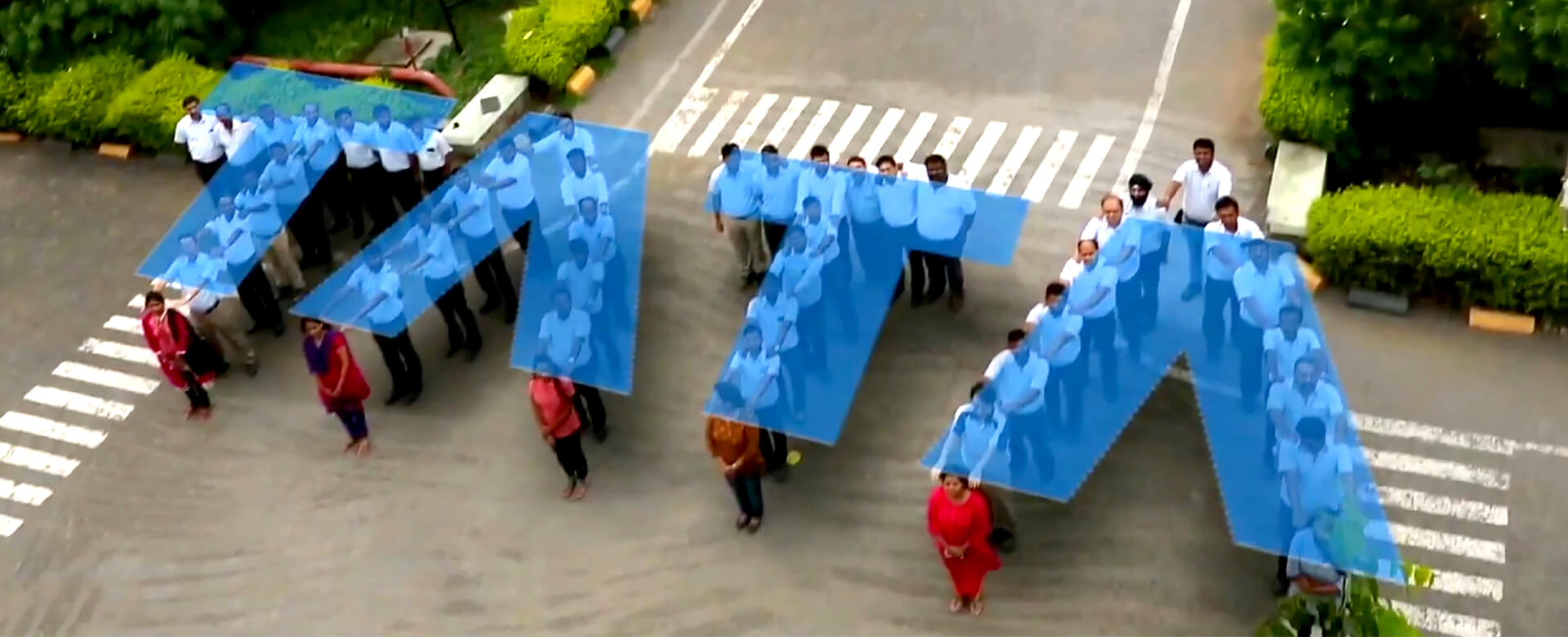Tata wants to produce battery cells in Europe
Chinese manufacturers dominate the world market in producing battery cells, even though production capacities are being massively increased in Europe. Now an Indian manufacturer wants to get in on the act: the Indian car company Tata - parent of Jaguar Land Rover and India's biggest company with a turnover of 130 billion - wants to produce its battery cells in a plant in Europe. Customers are to be not only the company's brands but also other manufacturers.
According to Tata CFO P.B. Balaji, own cell production in Europe should help to solve the supply chain problems. That is why a production plant in Europe is planned - the manager did not reveal whether it would be in Great Britain, but it would be obvious. He was also unable to give details on the time frame and investment. However, it is already clear that both the cheaper lithium iron phosphate (LFP) and the more expensive nickel manganese cobalt (NMC) cells will be produced. The former is mainly used in Tata Motors' electric cars, the latter also in Jaguar Land Rover's vehicles.
The Tata conglomerate's car division manufactured about 700,000 vehicles in the 2022/2023 financial year, of which about 50,000 were electric cars. Besides India, its main markets include many emerging markets in Africa, South America, Asia-Pacific and the Middle East. By 2026, the electric car subsidiary TPEML should have ten e-models on the market. Four already exist: in addition to the bestseller Nexon EV, two other models, Avinya and Curv, are already in the starting blocks. The Tiago EV has just been presented. Future models are to be based on their electric platform, especially those for the European market.
However, the company does not need large quantities of battery cells in Europe at the moment. The only fully electric model from the Jaguar Land Rover Group - the Jaguar I-Pace - is already a bit grey and rather exotic in terms of sales figures. The fully electric Land Rover and Range Rover models are only expected in the next few years. So far, the group has relied heavily on plug-in hybrid technology. The fully electric models from Tata are not yet available in Europe.
